9 Types Of Pregnancy Rash, Causes, Home Remedies, & Treatment
Glow throughout your maternal journey by understanding how to manage these rashes
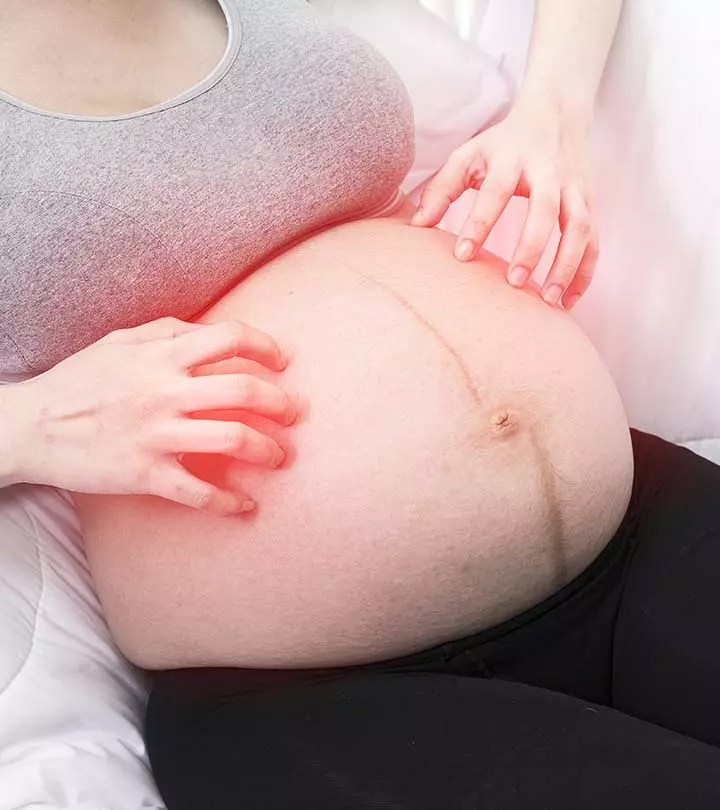
Image: Shutterstock
Over 90% of women see changes in their skin in one form or the other during pregnancy (1). One of the most common changes they notice during this time is pregnancy skin rashes (stretch marks are the commonest). These rashes can occur anywhere on the body and may fade away after childbirth. However, some of them can cause serious health issues. Therefore, you may need to seek immediate medical attention.
Read on to learn all about pregnancy skin rashes, their types, causes, and treatment options available.
In This Article
What Causes Rash During Pregnancy?
Skin rashes during pregnancy could be due to hormonal changes, changes in pre-existing conditions, or the development of new pregnancy-specific dermatoses (defects or lesions) (1).
Dr. Daniel Grabell, a board-eligible dermatologist, says, “Rashes in pregnancy occur for a number of reasons, including changes in hormones as well as the immune system adapting to having a baby.”
These pregnancy rashes can vary in severity and duration. They may appear anywhere on the body and differ in appearance (can have varied presentation) depending on the cause and type.
“Most rashes are not severe, but a few can raise concerns requiring medical attention to keep both the baby and mother safe,” says Dr. Grabell.
To treat a pregnancy rash, you need to know what type of pregnancy rash you have. Keep reading to learn about the different types of pregnancy rashes.
Key Takeaways
- Pregnancy skin rashes are not uncommon and severe. But a few can raise concerns and require medical attention.
- Heat rash, hives, PUPP rash, pemphigoid gestationis, and impetigo herpetiformis are some of the types of pregnancy skin rashes.
- Colloidal oatmeal baths and calamine lotions can help soothe pregnancy skin rashes.
Types Of Pregnancy Skin Rashes
- Heat Rash
During pregnancy, increased blood supply to the skin can lead to increased sweating and heat rashes (2). A heat rash may cause itching, red spots, and swelling. Staying cool and avoiding activities that cause sweating can help control heat rashes.
Heat rashes do not require any specific treatment as they fade away on their own in a few days. However, you may use antihistamines or calamine lotion to soothe the skin.
- Hives
Hives are itchy, raised bumps caused by a reaction to food, medicine, or other irritants. Hormonal changes during pregnancy may also lead to hives (3). They can burn or sting. Usually, hives appear suddenly and fade away within a few days or six weeks.
To treat hives, you may take antihistamines or medications that soothe inflammation. However, if the hives don’t heal even after six weeks, or if they swell or make breathing difficult, you should consult a doctor without delay.
- PUPPP Rash
Many people wonder, “Why stretch marks itch”? Stretch marks often develop during late pregnancy, when the baby is growing, and the skin on your abdomen stretches to accommodate the baby. However, some women may also develop a type of rash called the Pruritic Urticarial Papules And Plaques Of Pregnancy (PUPPP). A PUPPP rash usually causes itchy bumps on the stretch marks on the abdomen. It occurs in the third trimester of pregnancy and goes away after childbirth. Pruritic urticarial papules and plaques of pregnancy occur in 1 out of 130 to 300 pregnancies. It is also more common in first pregnancies and women pregnant with twins or triplets (4), (5).
According to Dr. Grabell, the exact cause is unknown. But he says, “It is believed to be caused by stretching of the connective tissue in the skin exposing proteins to the immune system.”
You may treat a PUPP rash with antihistamines or topical steroids.
- Pemphigoid Gestationis
This is a rare autoimmune disease that affects 1 in 50,000 pregnant women. This condition causes an itchy, hive-like rash around the abdomen and spreads to other parts of the body. It may also turn into blistering lesions. It occurs around the second or third trimester of pregnancy and fades away after childbirth. It may also flare up at delivery (1).
Though there has been no proof of any fetal risks, newborns were born with skin lesions in some cases (1).
You may treat the condition with steroids, lotions, or antihistamines.
- ICP
Intrahepatic cholestasis of pregnancy is a serious liver condition that causes itching on the palms of the hands and soles of the feet. It may also spread to other parts of the body and may not always start as a rash. Usually, it occurs in the third trimester and may cause jaundice (6).
It is important to seek medical attention at the earliest. Dr. Grabell says, “The build-up of bile acid causes ICP in the bloodstream. This is a pregnancy emergency as high levels of bile acid are harmful to the fetus. Care is needed right away to lower the bile level.”
A study involved 1,502 women with documented intrahepatic cholestasis (ICP) during pregnancy. The assessment revealed that, notably, 5.6% had a first-trimester ICP diagnosis, while 1.8% were diagnosed without itching.
 Pro Tip
Pro Tip- Atopic Eruption Of Pregnancy
This is the most common pregnancy-related skin disorder (6). There are three skin conditions under this category:
- Atopic Eczema: Symptoms include a dry and itchy rash during pregnancy’s first and second trimesters (6).
- Prurigo Of Pregnancy: It is a rash with small bumps filled with fluids. It may occur during all trimesters (6).
- Pruritic Folliculitis Of Pregnancy: Skin lesions resembling pimples or acne occur in the fourth to the ninth month of pregnancy (6).
These rashes often disappear after delivery and do not cause any risk to you or your child. You may treat them with topical medications, emollients, or oral antihistamines.
- Impetigo herpetiformis
This rash appears as lesions in the skin folds. It occurs during the last trimester and is similar to pustular psoriasis, which causes severe skin inflammation. The affected person may also experience fever, diarrhea, dehydration, seizures, and rapid heartbeat. Though this condition heals after childbirth, there has been a rare case of stillbirth associated with it (7).
You may consult a doctor to reduce the risk and manage the condition.
- Pregnancy Mask (Melasma)
Pregnancy Mask (Melasma), also known as chloasma, manifests as dark, pigmented patches on the face, notably on the cheeks, forehead, and upper lip. It is a common skin concern during pregnancy, which is triggered by hormonal shifts and exacerbated by sun exposure. In pregnancy, 50% to 70% of individuals are expected to experience some manifestation of melasma (8).
- Granuloma Gravidarum
Granuloma Gravidarum is a nodular, red growth that may develop on the gums during pregnancy. Although benign, it can cause discomfort and bleeding. It is thought to be linked to hormonal changes and often requires dental evaluation and appropriate management to alleviate symptoms. Regular dental check-ups during pregnancy are advisable for early detection and care (9).
Since most of these pregnancy skin rashes are not a cause for concern, you may use several home remedies to soothe your skin and heal the inflammation. Read on to learn more.
Home Remedies For Pregnancy Skin Rashes
You may try the following remedies to soothe your skin affected by eczema, hives, or heat rash:
- Always use cold or lukewarm water for washing your hands, face, and bathing.
- Use a gentle, unscented cleanser to keep your skin clean.
- Moisturize your skin with emollients soon after taking a shower.
- Always wear loose clothing made of cotton or any natural fibers.
- Drink adequate amounts of water and avoid caffeinated beverages.
- Take colloidal oatmeal baths and use calamine lotion to soothe itching.
- Avoid scratching the skin.
You also need to follow a thorough pregnancy skin care routine that includes medically suggested sun protection and moisturizing products. However, the above-mentioned simple home remedies may help you heal the inflammation and soothe your skin. But, first, you should know when to consult a doctor.
 Pro Tip
Pro TipRead on to know when to consult a doctor and the treatment options available.
When Should You Consult A Doctor?
Most pregnancy skin rashes respond well to home remedies. But, it is always good to consult a doctor to identify the cause and confirm if you need medical treatment.
You may seek immediate medical attention if:
- You experience severe itching without a rash.
- A rash appears and spreads quickly.
- You notice breathing difficulty and swelling along with the rash.
- The rash looks infected.
- You notice yellowing of the skin, pain, or fever.
Diagnosis And Treatment
For diagnosis, your doctor may ask about your symptoms, when they started, and how they spread. Then, they may prescribe additional tests based on the type of rash and the complications. Blood tests, allergy tests, and skin biopsies are all different diagnostic methods to determine whether the rash requires treatment or not.
According to Dr. Grabell, “Treatment varies by the type of rash but ranges from good moisturizing creams to topical steroids.” Your doctor may prescribe systemic steroids, antihistamines, or topical steroids based on the rash and severity. Additionally, they may suggest lifestyle changes like avoiding known triggers, wearing loose and breathable clothing, and switching to hypoallergenic skincare products.
Most women face skin rashes during pregnancy, among other skin and health-related issues. Studies suggest that hormonal changes or changes in pre-existing conditions may cause pregnancy skin rashes. Once you identify whether you have hives, PUPPP, or heat rash, you can treat them accordingly. As most pregnancy skin rashes are not severe, you can use a gentle cleanser to soothe your skin and drink lots of water to provide relief. However, if the rash spreads quickly and is accompanied by itching and fever, consult your doctor immediately.
Frequently Asked Questions
Does scratching PUPPP make it spread?
Remember, scratching does not make PUPPP spread. However, it can exacerbate the itching. You can try PUPP rash natural treatments during pregnancy, such as oatmeal baths, cold compresses, and other alternatives. These remedies, chosen according to your preference, can be surprisingly effective in providing relief.
Can you be allergic to pregnancy hormones?
Yes, it is possible for you to be allergic to pregnancy hormones and develop breathing issues or rashes. It is always best to consult a doctor if you experience any such difficulties.
Can I use anti-itch cream while pregnant?
Yes, it is safe to use over-the-counter anti-itch creams while pregnant.
Can progesterone cause rashes?
Yes, progesterone can cause rashes. The rash may resolve when the progesterone level in your body reduces.
The below video will empower you during pregnancy to heal PUPPP rash! Discover effective remedies, soothing techniques, and expert advice to alleviate discomfort caused by this common pregnancy rash and learn practical tips to manage symptoms and promote skin healing.
References
Articles on StyleCraze are backed by verified information from peer-reviewed and academic research papers, reputed organizations, research institutions, and medical associations to ensure accuracy and relevance. Read our editorial policy to learn more.
- Pregnancy and Skin
https://www.ncbi.nlm.nih.gov/labs/pmc/articles/PMC3444563/ - Common Health Programs in Pregnancy
https://www.nhs.uk/pregnancy/related-conditions/common-symptoms/common-health-problems/ - Urticaria and Angioedema in Pregnancy
https://link.springer.com/article/10.1007/s13671-013-0061-y - Common Skin Conditions During Pregnancy
https://www.aafp.org/pubs/afp/issues/2007/0115/p211.html - Dermatoses of Pregnancy
https://www.ncbi.nlm.nih.gov/books/NBK430864/ - THE DERMATOSES OF PREGNANCY
https://www.ncbi.nlm.nih.gov/labs/pmc/articles/PMC2763729/ - Pustular psoriasis of pregnancy (Impetigo herpetiformis) – Case report
https://www.ncbi.nlm.nih.gov/labs/pmc/articles/PMC3875976/ - Chloasma–the mask of pregnancy
https://pubmed.ncbi.nlm.nih.gov/19140277/ - Oral granuloma gravidarum: a retrospective study of 41 cases in Southern Brazil
https://www.ncbi.nlm.nih.gov/pmc/articles/PMC3881906/#:~:text=INTRODUCTION- - Itching During Pregnancy – Causes And 11 Home Remedies
- 14 Home Remedies For Skin Allergy + Causes, Symptoms, Types, And Tips
- Causes And Treatment Of Itchy Scalp During Pregnancy
- 18 Effective Home Remedies To Get Rid Of Itching Skin
Read full bio of Dr. CP Thajudheen
Read full bio of Swathi E
Read full bio of Eshna Das
Read full bio of Monomita Chakraborty







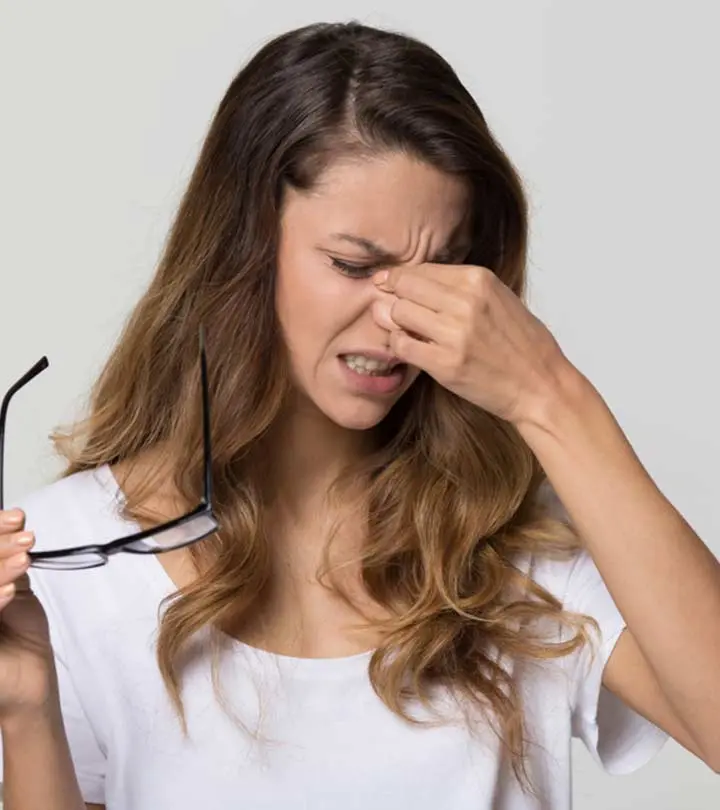
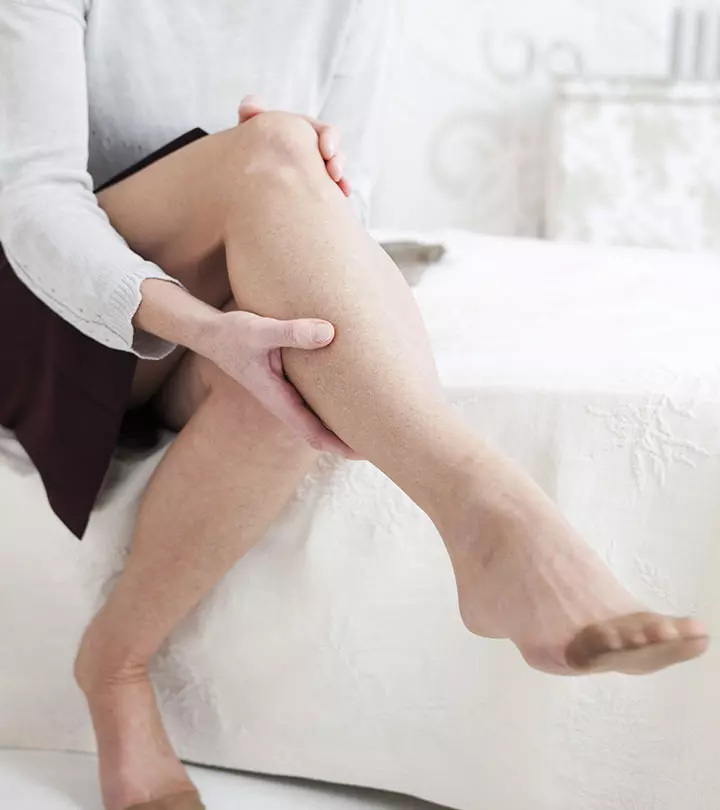
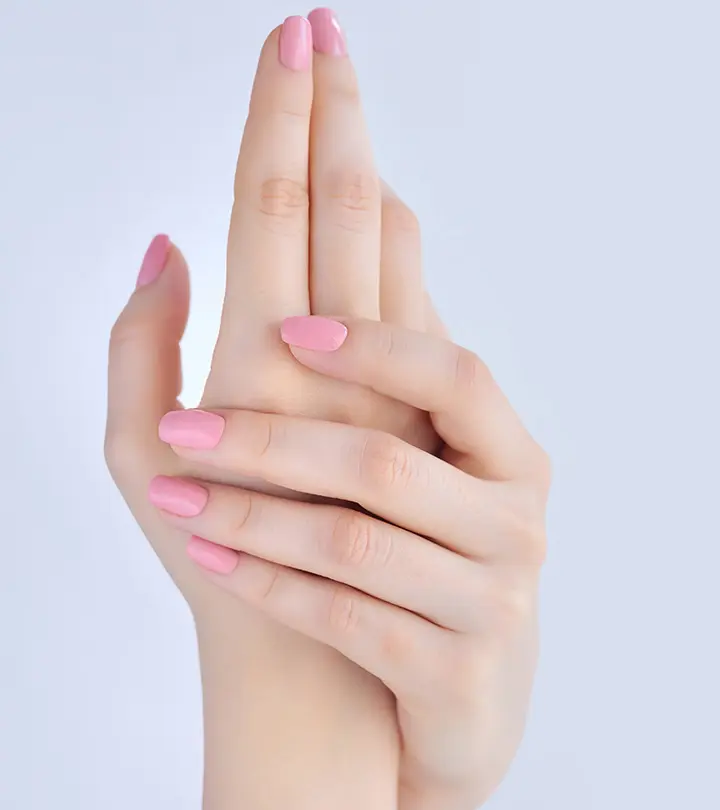
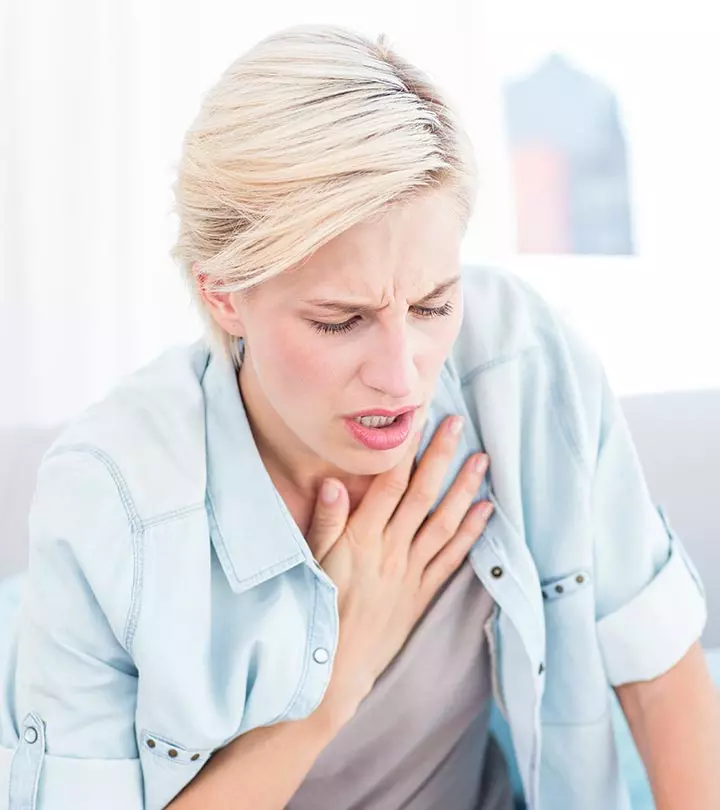
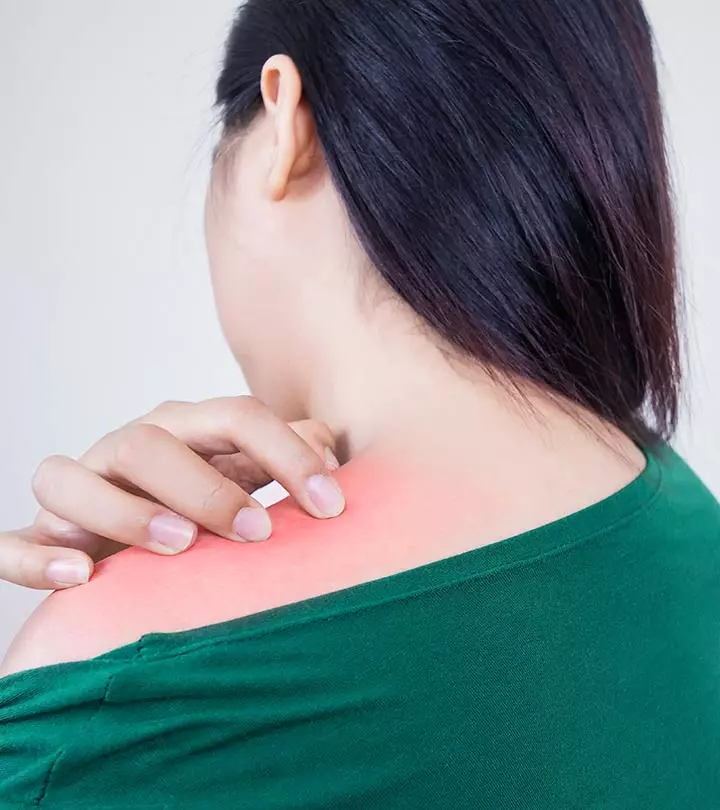
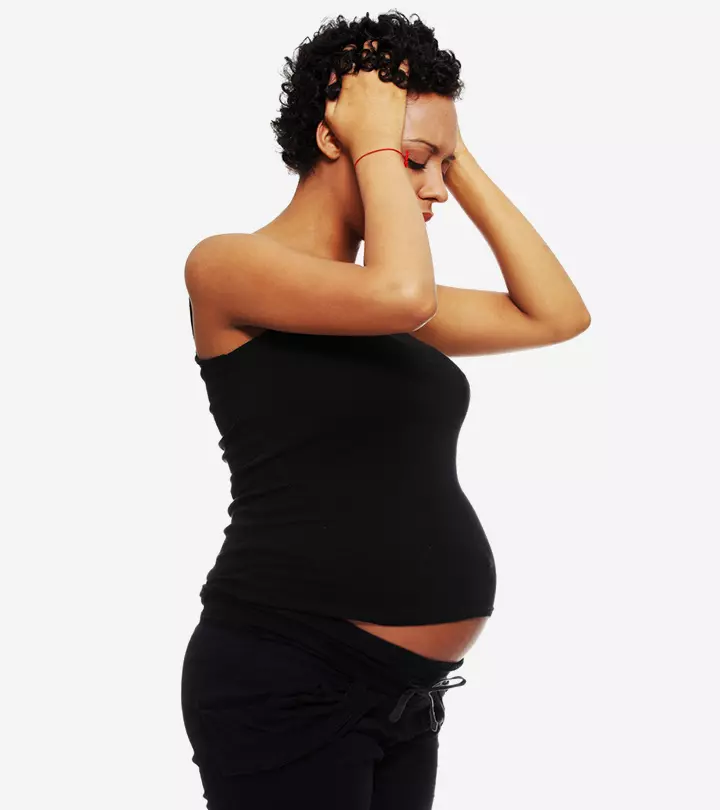
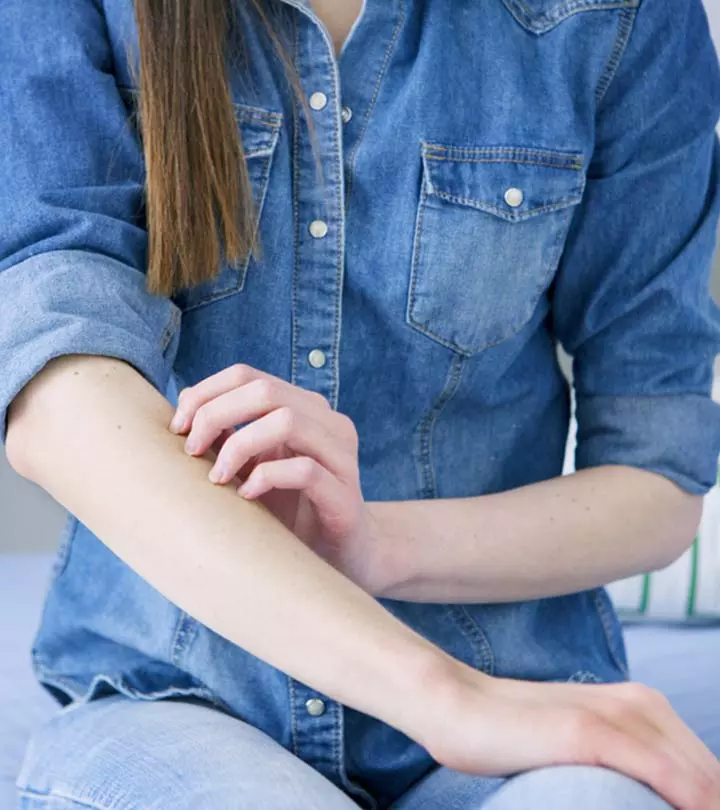
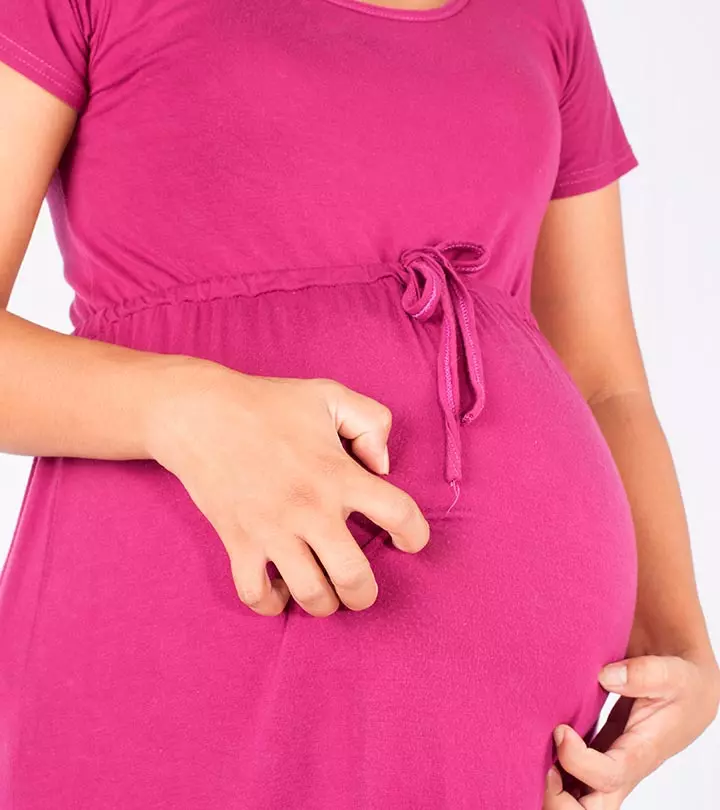


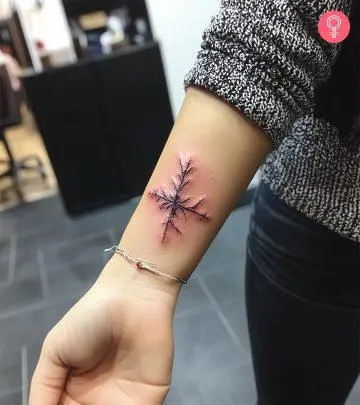
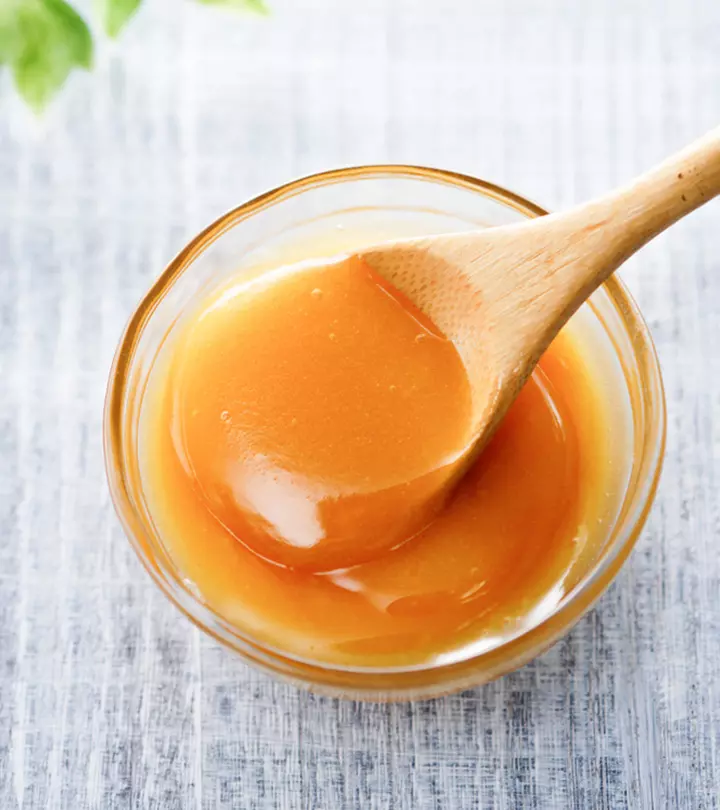
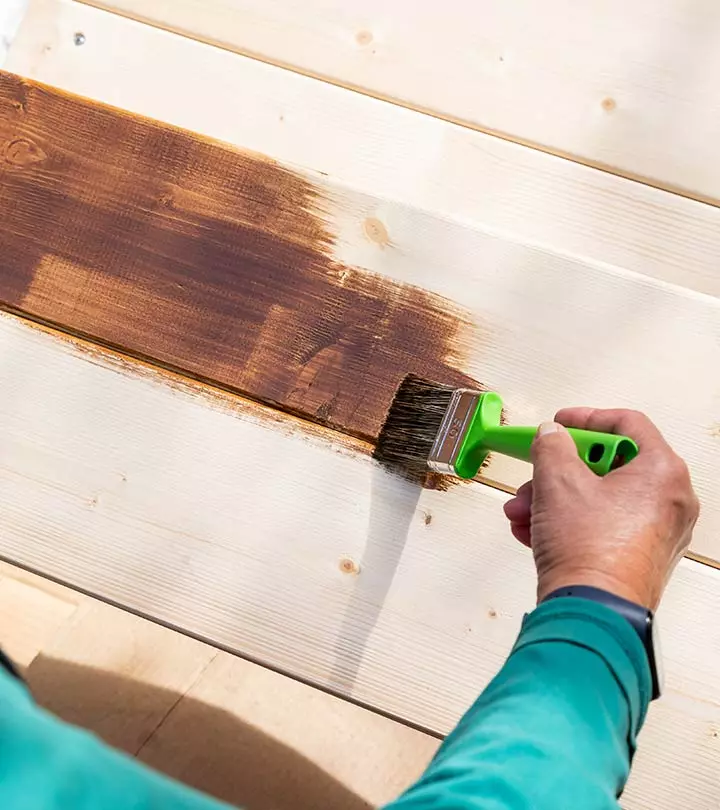
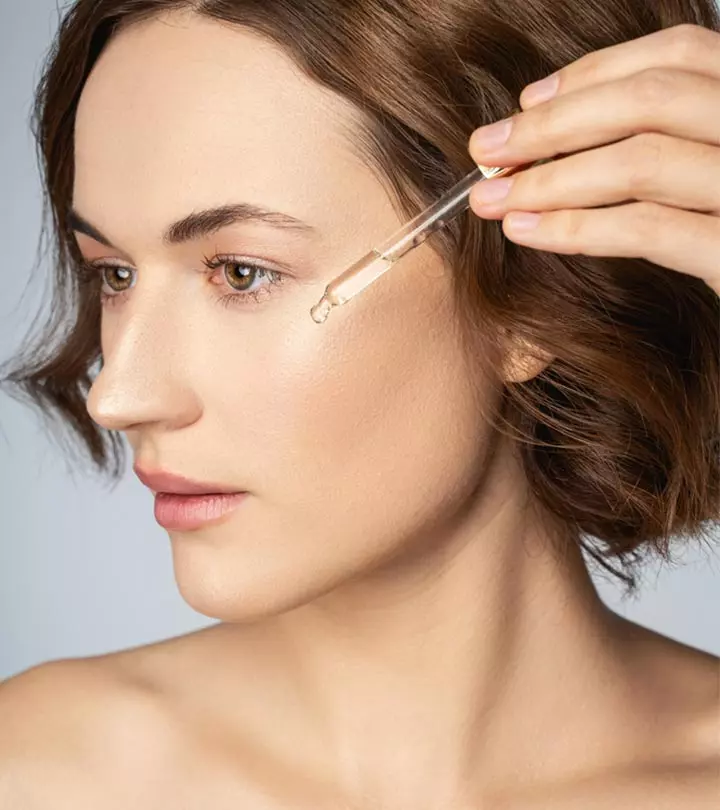
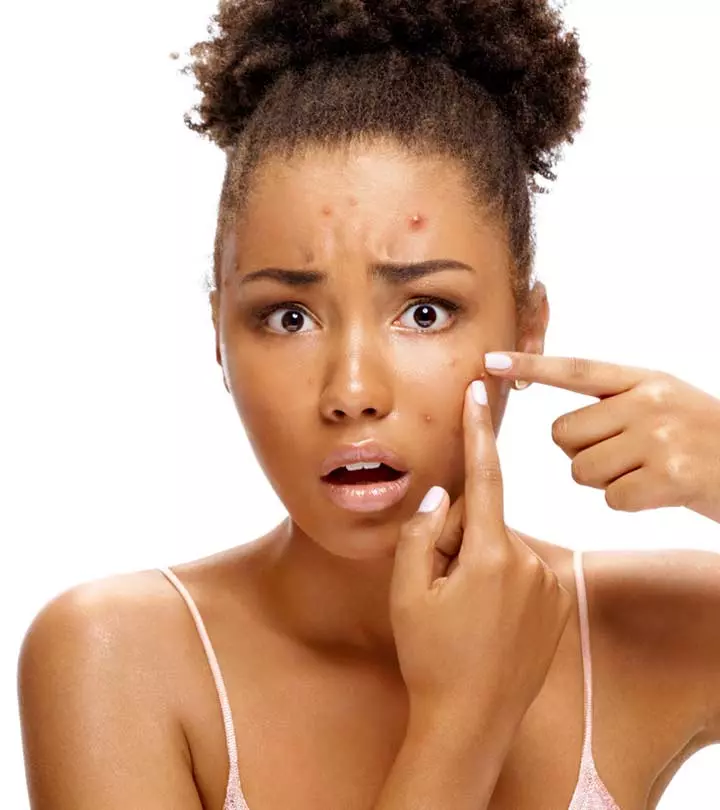
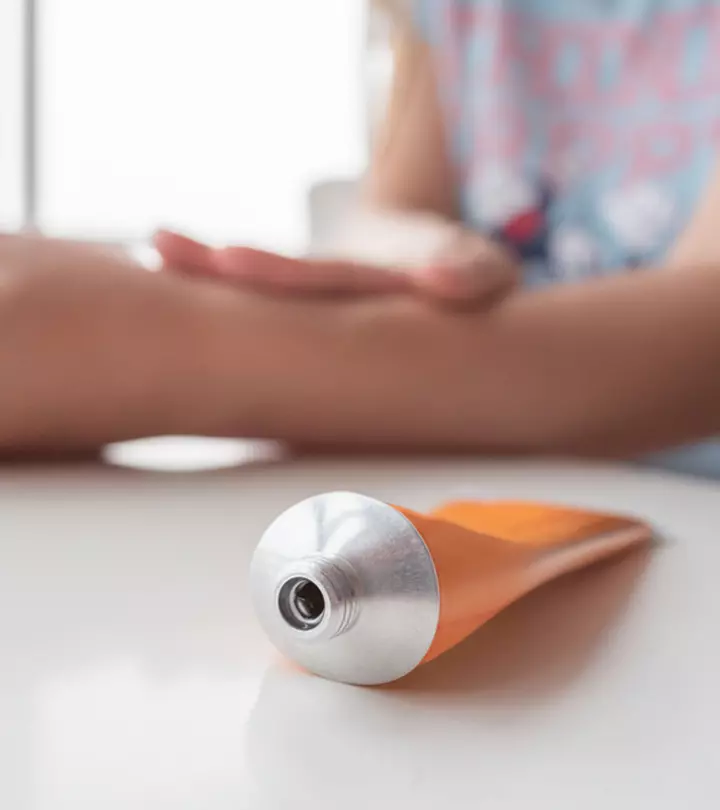
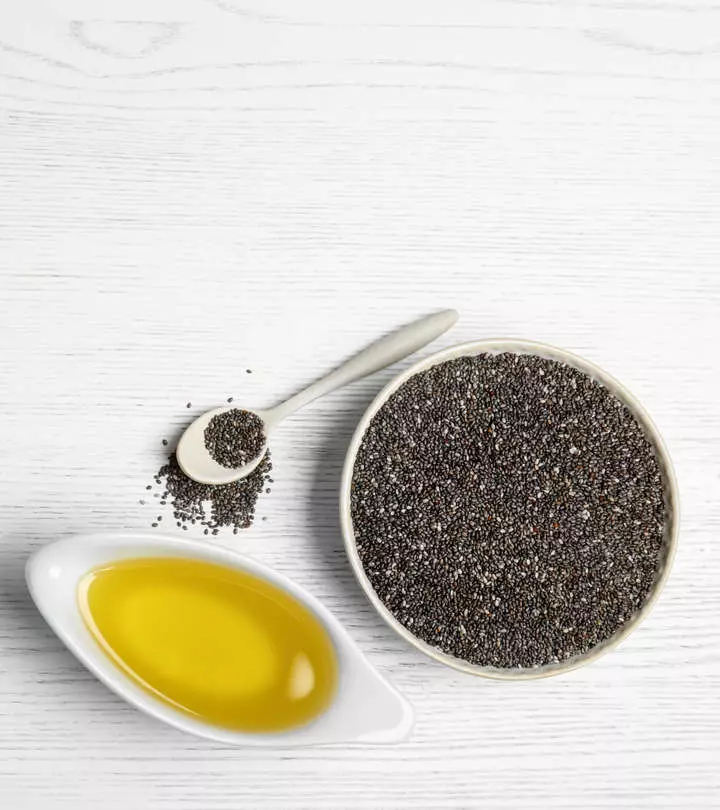
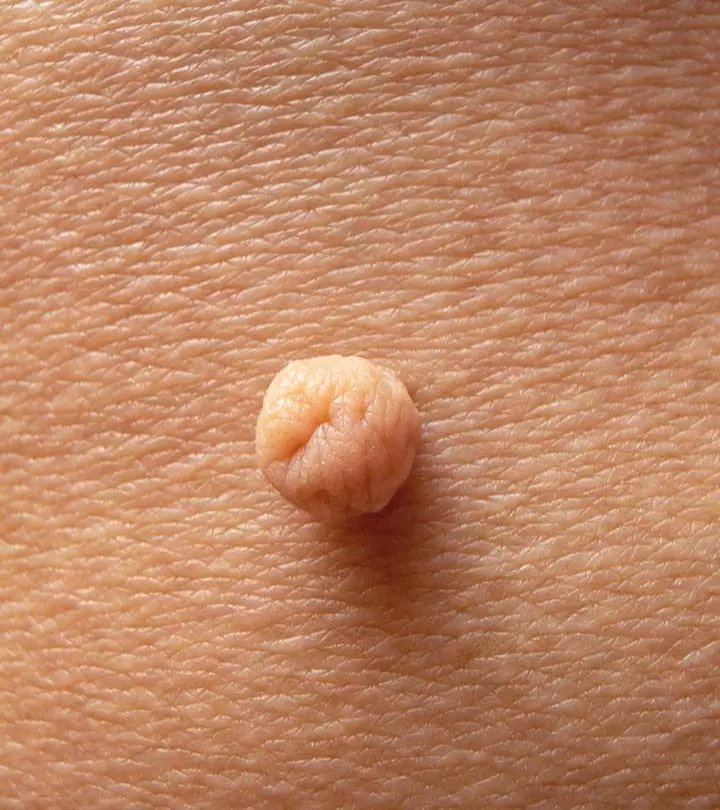



Community Experiences
Join the conversation and become a part of our empowering community! Share your stories, experiences, and insights to connect with other beauty, lifestyle, and health enthusiasts.